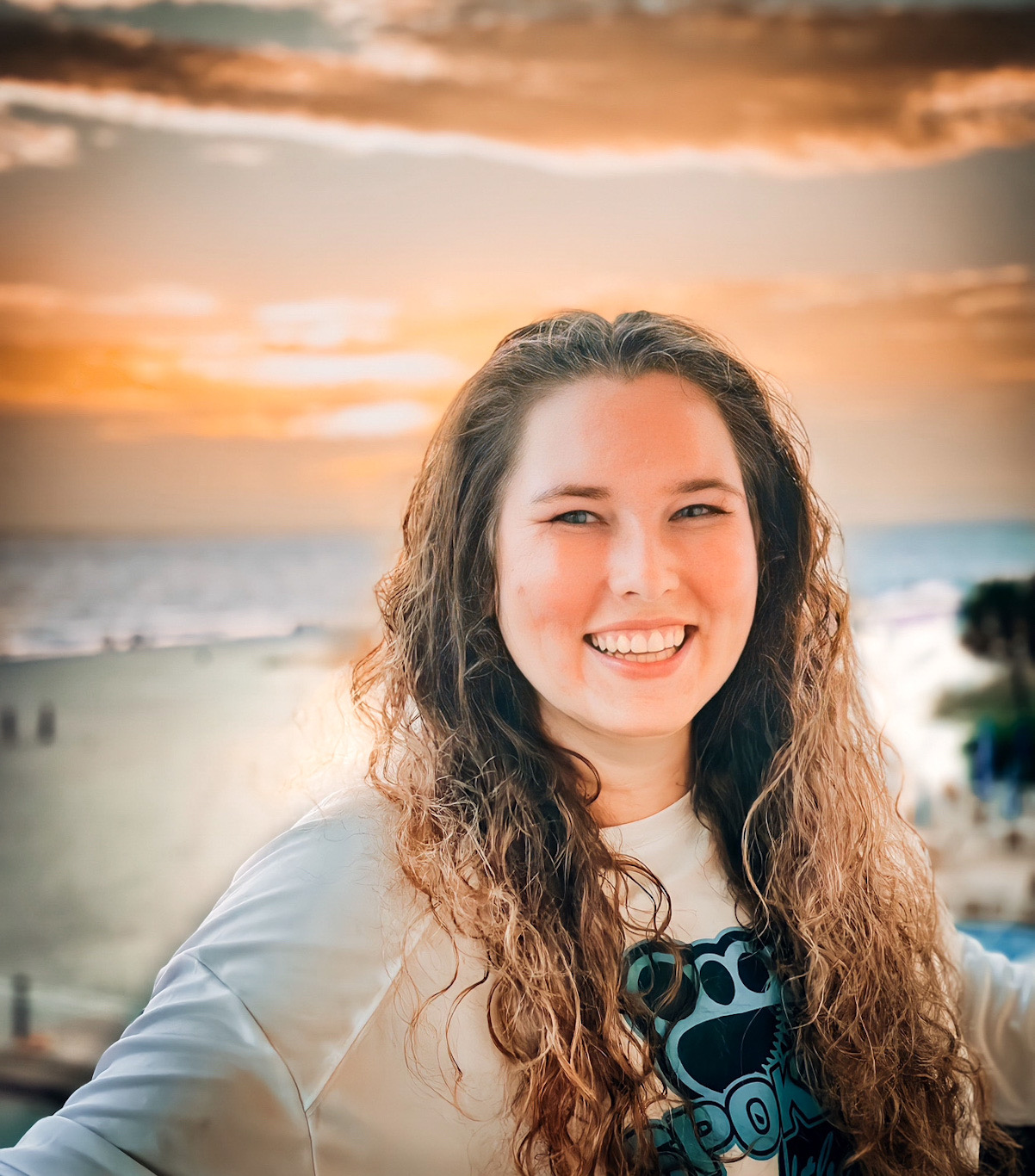The story of Katie
My name is Katie and I am from Spokane, Washington. Currently, I am in school pursing a career in nursing.
I have Hereditary Angioedema. I was diagnosed almost five years ago in 2019 after an airway swelling episode nearly killed me.
Hereditary Angioedema (HAE) is a rare genetic blood disorder that involves recurrent attacks of severe swelling in parts of the body such as the hands, feet, abdomen, face and/or airways. Swelling in the airway is (obviously) the most dangerous and can be fatal. The disease is quite rare. Only 1 in 50,000 people worldwide have HAE. To put that in numbers we understand, only 8,000 people in the US alone have HAE. Like I said, rare. In the majority of people with HAE, a defect in the gene that controls a blood protein called C1-Inhibitor causes a biochemical imbalance that produces swelling. This swelling looks similar to an allergic reaction, however allergy medication like antihistamine/epinephrine, or steroids do not work. Swelling episodes can be life threatening if it is in the airway. Otherwise, the swelling in other parts of the body is very painful, sometimes disabling at times, and extremely annoying. There are three types of HAE. I happen to have type 3, which is the rarest and most unknown type of HAE.
HAE attacks can happen with or without triggers. Some of the most common triggers for me and other people with HAE are anxiety/stress, life events, minor trauma, or even common illnesses such as a cold/flu can trigger swelling. Sometimes, episodes happen with no triggers!
Because of how rare and unknown this disease is, I had been having symptoms of the disease since 2012 but nobody caught it until that summer of 2019 when a second year resident working on my case in the ICU recalled reading about HAE in one of her textbooks and brought it up with the lead doctor. They started treatment right away and I finally stabilized. It is common for HAE patients to go years without a diagnosis. Eight years is pretty average. It took about ten years for me to be diagnosed. I have been lucky to have found a treatment that works really well for me. There is no cure.
There isn’t really much family history of HAE. I am the only person in my family to be officially diagnosed. Some relatives have had similar episodes of random swelling, but have not had any symptoms nearly as severe as mine are. We believe that my maternal great-grandmother had the disease. She died in 1943 of an “asthma attack”. She had always been a sick person. HAE was not recognized as a disease until the 60s. So it makes sense to my doctors and us that she probably had the disease but wasn’t actually diagnosed.
HAE is a big part of my life, but it does not define my life. I am still the woman who loves disaster movies and crime tv shows. I am still the woman who loves dogs and horses. I am still the woman who fell in love with sports and music. I am still the woman who loves learning and going to school. I am still the woman who loves to cook and bake. I am still the woman who loves to travel and visit new places. I am still the woman who loves her family, and always wants to get together with her closest family members and friends who have been a part of her whole life and who stayed a part of her life after her diagnosis. I am still the woman who doesn’t let HAE get in the way of her goals and dreams. I may have HAE, but I am still wholly Katie.
